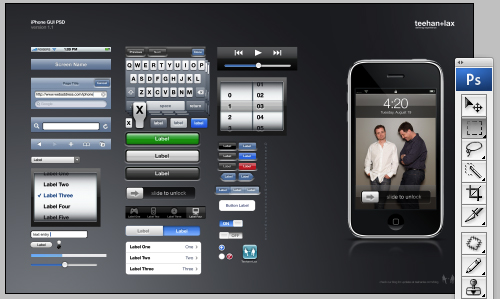Aug 28th, 2008
Android, NTT Docomo, Adobe, China Mobile - Idle Bites // August 28
// NTT Docomo Kinda Smart
As countless new 3G iPhones are sold and US users find themselves relying more on 2G than on intermittent 3G service, Japanese mobile communications giant, Docomo, decides to “stop accepting applications” for it’s 2G mova phone service. At least one country is operating in the right millennium. “Additionally, Docomo will stop accepting applications for its car phones by the end of November.” … Alright, well they will be in November anyways.
http://www.nttdocomo.com/pr/2008/001412.html
// Yer Mom Made This Mobile App!
Well, she could have anyways. Screen shots were released today, August 28th, of Google’s new Android App Store, er…. Market. Google is stressing the term “Market” rather than store and unlike iTunes will not require application approval to list apps. “We chose the term “market” rather than “store” because we feel that developers should have an open and unobstructed environment to make their content available.” Sounds like Google could be opening a GIANT can of worms by not offering oversight into the application listing process. Thoughts?
http://gizmodo.com/5043178/android-market-googles-app-store-will-not-require-approval-for-applications
// Adobe Announces Photoshop.com Mobile Beta
Mobile Beta is a Flash based mobile application allowing cell phone users to shoot, view and upload photos to their Photoshop.com account. One point to note is that the Mobile Beta app will run “in the background” as photos upload allowing phone users to run other applications at the same time. Uploaded photos automatically sync with the Photoshop Elements 7 software, creating a seamless desktop and web experience. “The Photoshop.com Mobile beta application is expected to be initially available on six Windows Mobile phones in the U.S. at the end of September 2008.” Oh Windows Mobile, I love how you run multiple applications. <3 LOVE <3
http://www.flashdevices.net/2008/08/adobe-announces-photoshopcom-mobile.html


